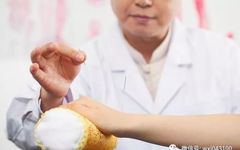In Traditional Chinese Medicine (TCM), the principles of observation, listening, inquiry, and pulse diagnosis are essential. “What is within must manifest without,” allowing us to understand our physical condition through external signs, discern the body’s cold and heat, and adjust accordingly to maintain health.
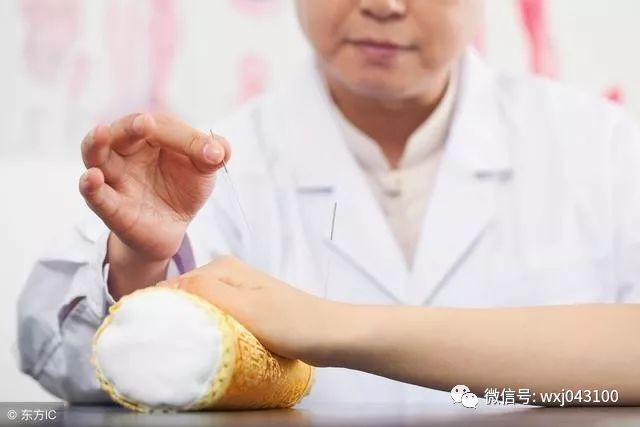
Characteristics of Cold Syndrome: Cold, White, Thin, Moist, Quiet.
“Cold”. The body feels cold, and there is a general aversion to cold. The hands feel icy; preference for summer over winter; usually enjoys warm foods.
“White”. The complexion appears pale, lips are white, and the tongue is light in color. Some individuals may have clear phlegm, runny nose, or pale urine and stool.
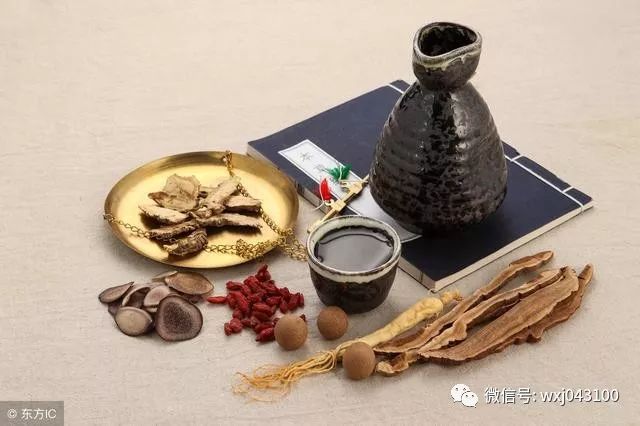
“Thin”. Nasal discharge is watery, resembling water; stools are loose or frequent diarrhea.
“Moist”. The mouth is not dry, stools are not dry, and urination is relatively frequent.
“Quiet”. Generally prefers quietness and dislikes movement.
Individuals with a cold constitution should use warming methods for adjustment.
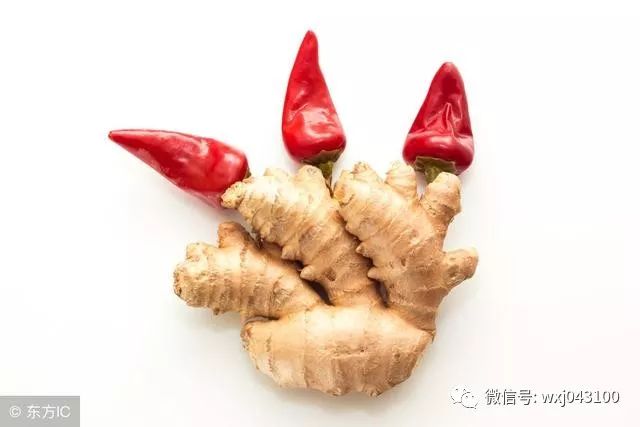
In daily life, foods with warming properties such as ginger (Sheng Jiang), dried ginger (Gan Jiang), scallions (Cong Bai), cilantro (Xiang Cai), black tea (Hong Cha), chili (La Jiao), and alcohol are beneficial. Additionally, moxibustion (Ai Jiu), hot spring baths, fumigation therapy, and massage are also good methods for individuals with a cold constitution.
Conversely, the characteristics of heat are: Hot, Red (Yellow), Thick, Dry, Active.
“Hot”. Some individuals feel excessively hot and irritable, with warm hands and feet, or a hot back; they prefer winter over summer; enjoy cold foods and drinks.

“Red” or “Yellow”. “Red” refers to a flushed face, red eyes, or a very red tongue and lips; “Yellow” indicates that secretions or excretions are yellow, such as yellow nasal discharge, phlegm, or urine.
“Thick”. This primarily refers to secretions or excretions that are viscous.
“Dry”. Symptoms include thirst, dry stools, and infrequent urination.
“Active”. Prefers activity over rest; becomes irritable in hot weather, and is easily disturbed by mosquitoes in summer.
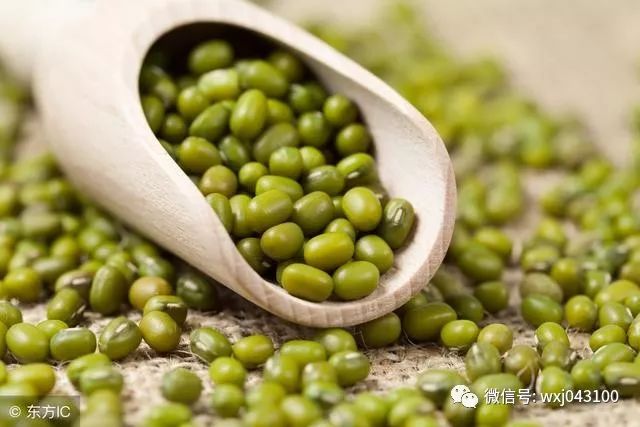
Individuals with a hot constitution should use cooling methods for adjustment. Foods such as radish (Luobo), pear (Li), mung beans (Lü Dou), tofu (Doufu), coix seed (Yi Yi Ren), green tea (Lü Cha), and white fungus (Bai Mu Er) are considered cooling.

